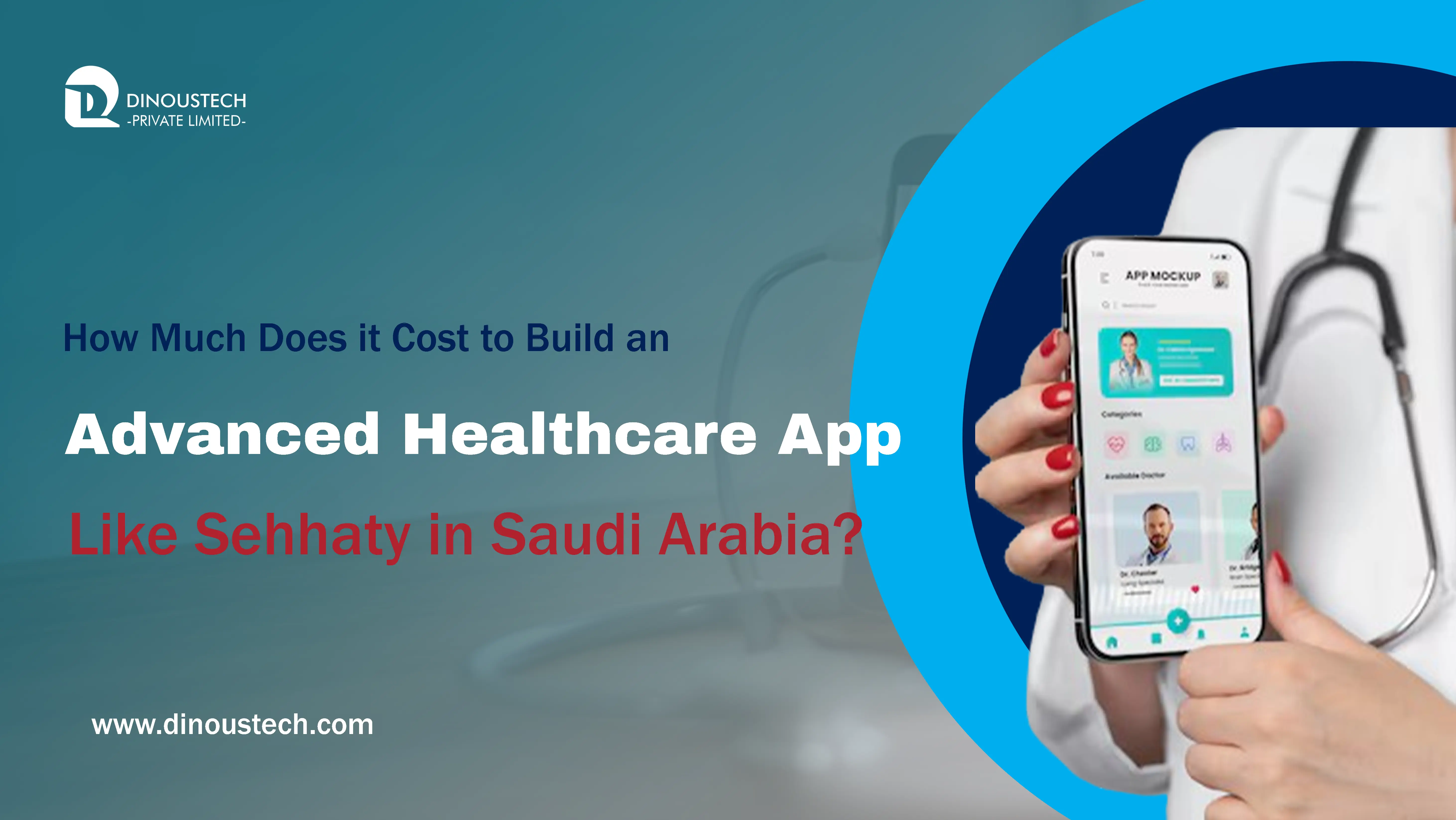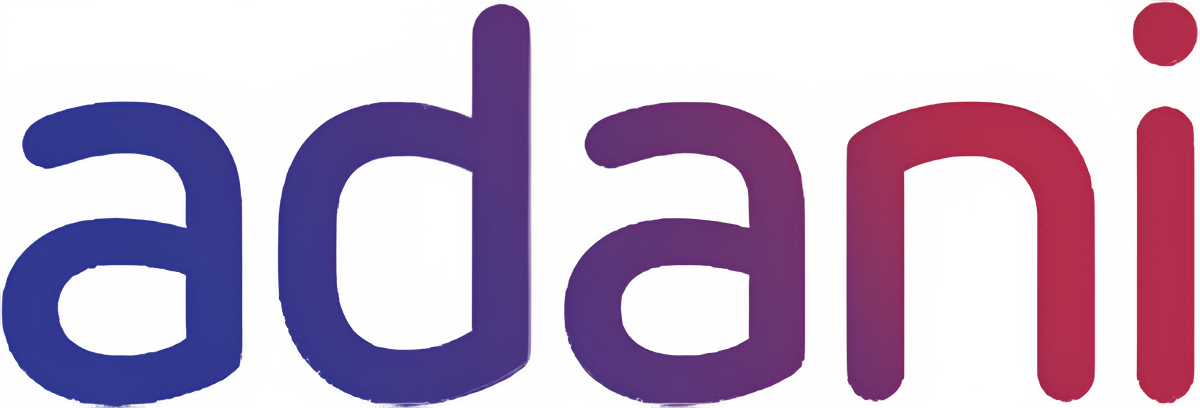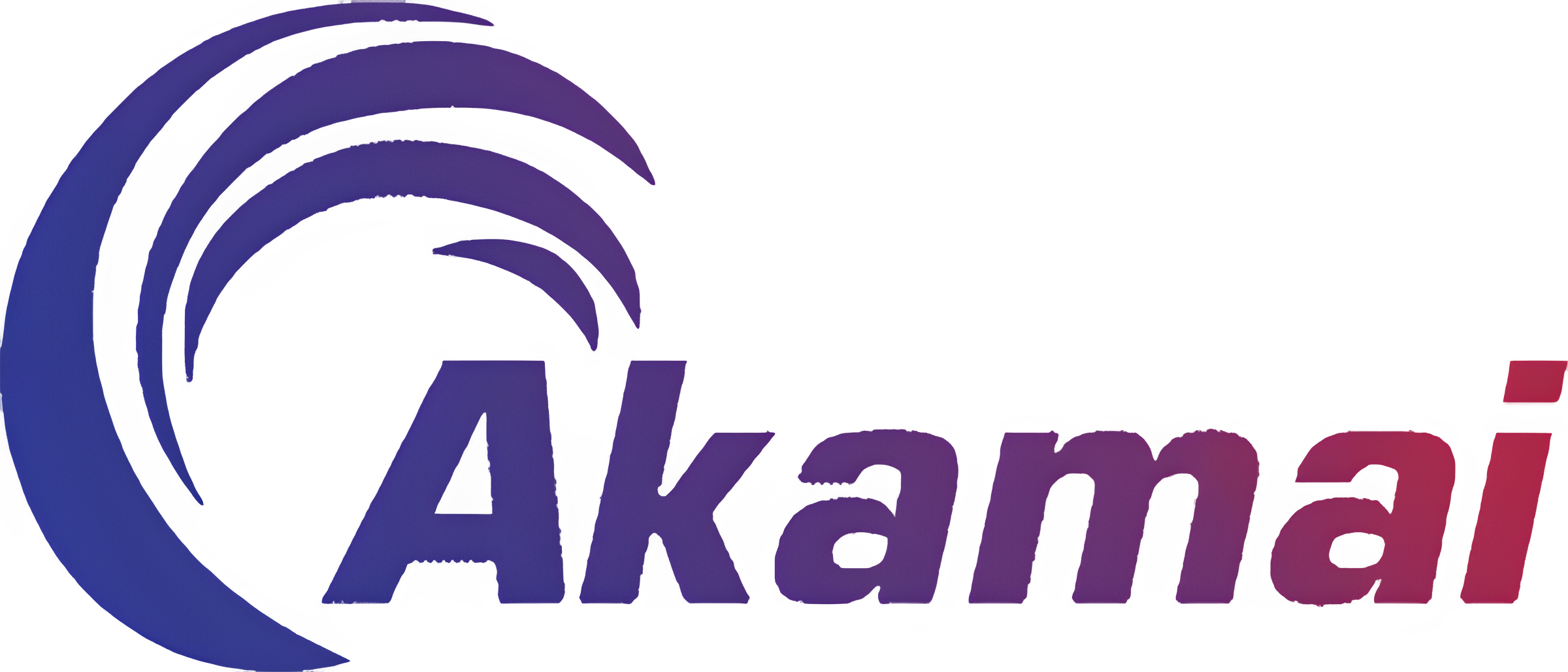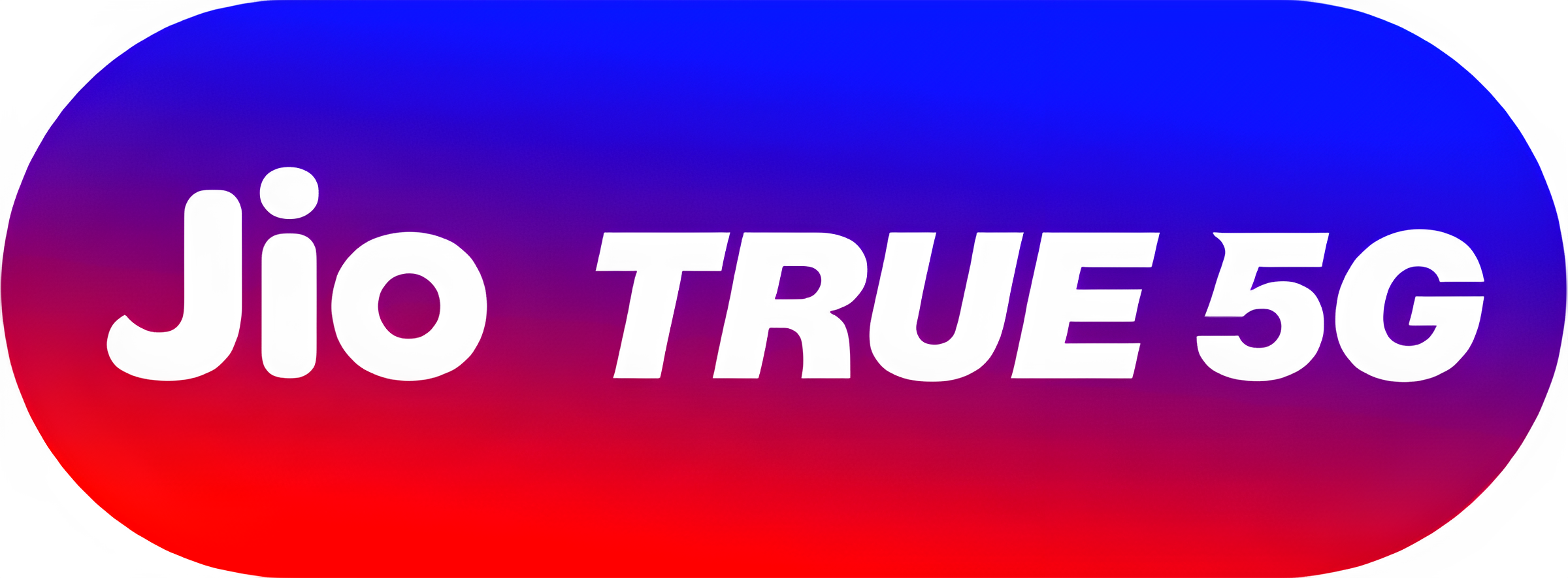How Much Does it Cost to Build an Advanced Healthcare App Like Sehhaty in Saudi Arabia?

Building an advanced healthcare app like Sehhaty in Saudi Arabia involves significant investment in features, security, and scalability. Sehhaty offers appointment booking, telemedicine consultations, e-prescriptions, and personal health records in a bilingual interface, demonstrating high user adoption in the Kingdom. Core features—secure video/audio consultations, appointment scheduling, EHR integration, and in-app payments—require specialized development by a Healthcare App Development Company or mobile app development company. A basic app can cost USD 30,000–60,000, while mid-tier telemedicine platforms range USD 60,000–120,000, and enterprise-grade solutions exceed USD 120,000 due to advanced analytics, AI modules, and third-party integrations. Integrating a payment gateway adds complexity and must comply with PCI-DSS standards, while ongoing support by an affordable software maintenance company typically runs 15–20% of development costs annually. By choosing the right partner—especially an affordable software development company with healthcare expertise—organizations can optimize mobile app development cost and deliver compliant, secure, and user-friendly healthcare mobile solutions.
Understanding Sehhaty’s Core Functionality
Sehhaty acts as Saudi Arabia’s national health platform, unifying services from appointment management to telehealth in one app. It enables patients to book and review clinical appointments, conduct remote consultations, and access their vaccination and lab results seamlessly. The platform’s support for Arabic and English, integration with government health registries, and adherence to local regulations set a high bar for any competitor. Key user journeys include scheduling visits with Ministry of Health clinics, receiving push notifications for upcoming appointments, and viewing digital prescriptions in real time. Delivering similar functionality demands robust back-end services, intuitive UI/UX design, and multilingual support, all of which elevate the mobile app development cost beyond basic parameters.
Feature Requirements and Telemedicine Capabilities
At a minimum, a Sehhaty-like app must support secure one-to-one and group video consultations. Implementing end-to-end encryption for these sessions prevents unauthorized access to sensitive patient data. Audio calls and text messaging complement video, giving patients flexibility in communication. Appointment workflows require calendar synchronization, automated reminders, and easy rescheduling. Integrating Electronic Health Records (EHR) ensures patients can view lab results, immunizations, and chronic care plans within the same interface. Advanced features—such as AI-driven symptom checkers or automated triage bots—enhance care but add to development complexity and cost. Each additional capability, from real-time vitals monitoring via wearables to personalized health analytics, represents both a competitive differentiator and an incremental investment in development time and resources.
Also Read: - Top 10 Benefits of Custom Healthcare App Development Services for US Hospitals
Architecture, Scalability, and Tech Stack
Scalability is non-negotiable for national-scale healthcare apps. A microservices architecture, deployed via Kubernetes or managed container services, allows independent scaling of modules—authentication, telehealth, records, and payments. Cloud platforms (AWS, Azure, GCP) provide auto-scaling groups and global load balancing, ensuring the app remains responsive during peak usage (e.g. flu season or health campaigns). Data persistence typically spans SQL databases for structured patient records and NoSQL stores for high-velocity telemetry from IoT devices. Redis or Memcached caching layers accelerate frequent queries, while message brokers (Kafka, RabbitMQ) buffer asynchronous tasks like notifications and report generation. On the client side, cross-platform frameworks (React Native, Flutter) reduce development time for on-demand app development, with native SDKs handling performance-critical tasks like high-quality video streaming and local data encryption. This combination balances rapid iteration with production-grade performance.
Integrating a Payment Gateway
Monetizing telemedicine and consultation fees requires seamless payment processing. To integrate a payment gateway securely, select a PCI-DSS–compliant provider (e.g. Stripe, PayTabs, HyperPay) and implement either a hosted checkout flow or embedded SDK. Hosted flows simplify compliance by redirecting users off-site, while SDKs offer a branded in-app experience. Tokenization of card details minimizes risk, and configuring webhooks allows the backend to react to payment events (successful charges, refunds). For healthcare apps, consider integration with local Saudi payment systems (Mada, SADAD) to support ubiquitous payment methods. Testing the flow for edge cases—failed payments, timeouts, multi-currency handling—is critical to prevent revenue loss and build patient trust.
Security, Compliance, and Patient Data Protection
Healthcare data is among the most sensitive personal information, and protecting it is paramount. Apps must encrypt PHI both in transit (TLS 1.2+) and at rest (AES-256) while maintaining audit logs of all access and changes. Implement role-based access control so that only authorized personnel (doctors, nurses, administrators) can access specific data. Two-factor authentication and biometric logins (fingerprint, Face ID) further safeguard patient and provider accounts. Although Saudi Arabia’s regulations differ from HIPAA, following HIPAA or ISO 27001 best practices positions the app for international compliance. Regular penetration tests and vulnerability scans, alongside adherence to local requirements under the Personal Data Protection Law, ensure ongoing security and legal adherence.
Also Read: - Step-by-Step Guide to Developing a Healthcare App for Your Business
Estimating Mobile App Development Cost
The mobile app development cost for a Sehhaty-like solution varies by scope. Based on industry benchmarks, a basic healthcare appointment app with user authentication, scheduling, and notifications can cost USD 30,000–60,000 (SAR 100K–225K) when built by an experienced team. Adding secure video conferencing and EHR integration raises budgets to USD 60,000–120,000 (SAR 225K–450K) due to increased backend complexity and compliance testing. Full-featured platforms – featuring AI diagnostics, wearable data ingestion, multi-language support, and advanced analytics – typically exceed USD 120,000–300,000+ (SAR 450K–1.125M+) in total development cost, factoring in design, development, QA, and project management. Hourly rates in Saudi Arabia range from USD 50–100/hr for local firms and USD 25–50/hr for offshore developers; partnering with an affordable software development company can optimize costs without sacrificing quality.
Ongoing Maintenance and Support
Post-launch, healthcare apps require continuous updates for new OS versions, security patches, and feature enhancements. The industry standard for software upkeep is 15–20% of initial development costs annually. This budget covers infrastructure hosting, database management, monitoring, bug fixes, and minor feature requests. Engaging an affordable software maintenance company ensures compliance with SLAs (99.9% uptime is common for telehealth systems), rapid response to incidents, and proactive performance tuning. Regularly updating security certificates, renewing APIs, and refreshing libraries are critical to maintaining trust and reliability.
Also Read: - How Healthcare Apps Are Changing the Future of Medical Technology
Choosing the Right Development Partner
Selecting a qualified Healthcare App Development Company or mobile app development company is the key to balancing features, timeline, and budget. Look for partners with proven experience in telemedicine app development, EHR/EHR integrations, and payment gateway implementations in regulated environments. Assess their compliance credentials, past healthcare projects, and development methodologies (Agile, DevOps). An affordable software development company with a healthcare focus can help manage mobile app development cost while ensuring best-practice implementations for security and scalability. Early-stage collaboration should include workshops on user personas, regulatory mapping, and infrastructure planning to align technical efforts with business goals.
Conclusion
Developing an advanced healthcare app like Sehhaty in Saudi Arabia is a substantial investment, requiring a clear understanding of features, regulations, and technology trade-offs. From core telemedicine and appointment scheduling to secure payment integration and patient data protection, each element adds to the overall mobile app development cost. Ongoing maintenance by an affordable software maintenance company ensures the platform remains compliant, secure, and performant. Partnering with experts—such as Dinoustech Private Limited, a trusted Healthcare App Development Company—helps navigate complexities and deliver a world-class healthcare mobile solution. By following best practices in architecture, security, and user experience, organizations can build apps that enhance patient care, streamline provider workflows, and meet the Kingdom’s vision for digital health.

















